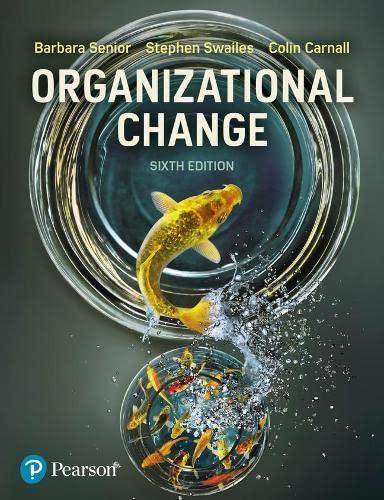Answered step by step
Verified Expert Solution
Question
...
1 Approved Answer
CHOOSE THE MOST MOST APPROPRIATE ANSWER: Q1. Section 231(2) of the Children's Act 38 of 2005 provides that a prospective adoptive parent must be: 1.
CHOOSE THE MOST MOST APPROPRIATE ANSWER: Q1. Section 231(2) of the Children's Act 38 of 2005 provides that a prospective adoptive parent must be: 1. Willing and able to undertake, exercise and maintain those responsibilities and rights. 2. All of the statements. 3. Fit and proper to be entrusted with full parental responsibilities and rights in respect of the child. 4. Over the age of 18 years and properly assessed by an adoption social worker. Q2. Which is NOT a requirement for establishing a universal partnership? 1. Barriers that are created by marriage/civil union to blood relations of one's spouse or civil partner, do not apply to a universal partnership. 2. Each partner must bring something into the partnership or bind him/herself to bring something into it e.g. labour, skill or money. 3..The object of the partnership is making a profit. 4. The partners must carry on the partnership (business) for their joint benefit. Q3. Which of the following does NOT form part of the parental responsibilities and rights as contemplated by section 18(2) of the Children's Act 38 of 2005? 1..To care for the child. 2.To nurture the faith of the child. 3.To act as a guardian of the child. 4.To maintain contact with the child. Q4. Sam and Sandon wish to enter into a civil union. Which of the statement/s describes a civil union (indicate the CORRECT statement)? 1. Which is solemnised and registered by way of either a marriage or a civil partnership. 2. The voluntary union of two persons. 3.All of the statements. 4.Who are both 18 years of age or older. Q5. Divya is born out of the relationship between Mary and James. They were never married and, since Divya's birth, James neither visited nor paid maintenance. Five months after Divya was born, James returns and demands to visit with the child. Mary is concerned and seeks advise. Choose the CORRECT answer. Parental responsibilities and rights are automatically acquired by: 1.Paternal grandparents by virtue of being related through blood. 2.Maternal grandparents by virtue of being related through blood. 3.A biological mother whether married or unmarried. 4.A biological father regardless of whether the child was conceived as a result of rape or incest. Q6. Frank and June decide to adopt a child but are unfamiliar with the law. They seek advice from you as to when a child will be considered adoptable. Select the CORRECT answer. 1..The child is an orphan and has no guardian or caregiver who is willing to adopt it. 2.All the options are applicable. 3..The whereabouts of the child's parent or guardian cannot be established. 4..The child's parent or guardian has abused or deliberately neglected the child, or has allowed the child to be abused or deliberately neglected. Q7. In terms of the divorce order between Rosa and Sipho, their 12-year-old son M had to live with Rosa while Sipho maintained contact. The evidence confirmed that M did not wish to live with his mother, had run away from his mother to stay with his father and, on various occasions he either returned home late from his father or did not return at all. M acknowledges loving his mother and wanting to visit her but, does not wish to live with her. M is resolute in his desire and determination to live with his father. In determining the child's participation in matters relating to him, a court ought to consider: Choose the CORRECT answer. 1. The right to participate in an appropriate way and views expressed by the child must be given due consideration. 2. All of the statements. 3. Every child's age and maturity. 4. Stage of development to participate in any matter concerning that child. Q8. Which is NOT considered a best interest of the child factor? 1. The attitude of the parents towards the child; and the exercise of parental responsibilities and rights in respect of the child. 2. The nature of the personal relationship between the child and the parents, or any specific parent; and the child and any other care-giver relevant. 3. The financial stability of parent or any other caregiver or person. 4.The capacity of the parents, or any specific parent, or of any other caregiver or person, to provide for the needs of the child, including emotional and intellectual needs
Step by Step Solution
There are 3 Steps involved in it
Step: 1

Get Instant Access with AI-Powered Solutions
See step-by-step solutions with expert insights and AI powered tools for academic success
Step: 2

Step: 3

Ace Your Homework with AI
Get the answers you need in no time with our AI-driven, step-by-step assistance
Get Started



